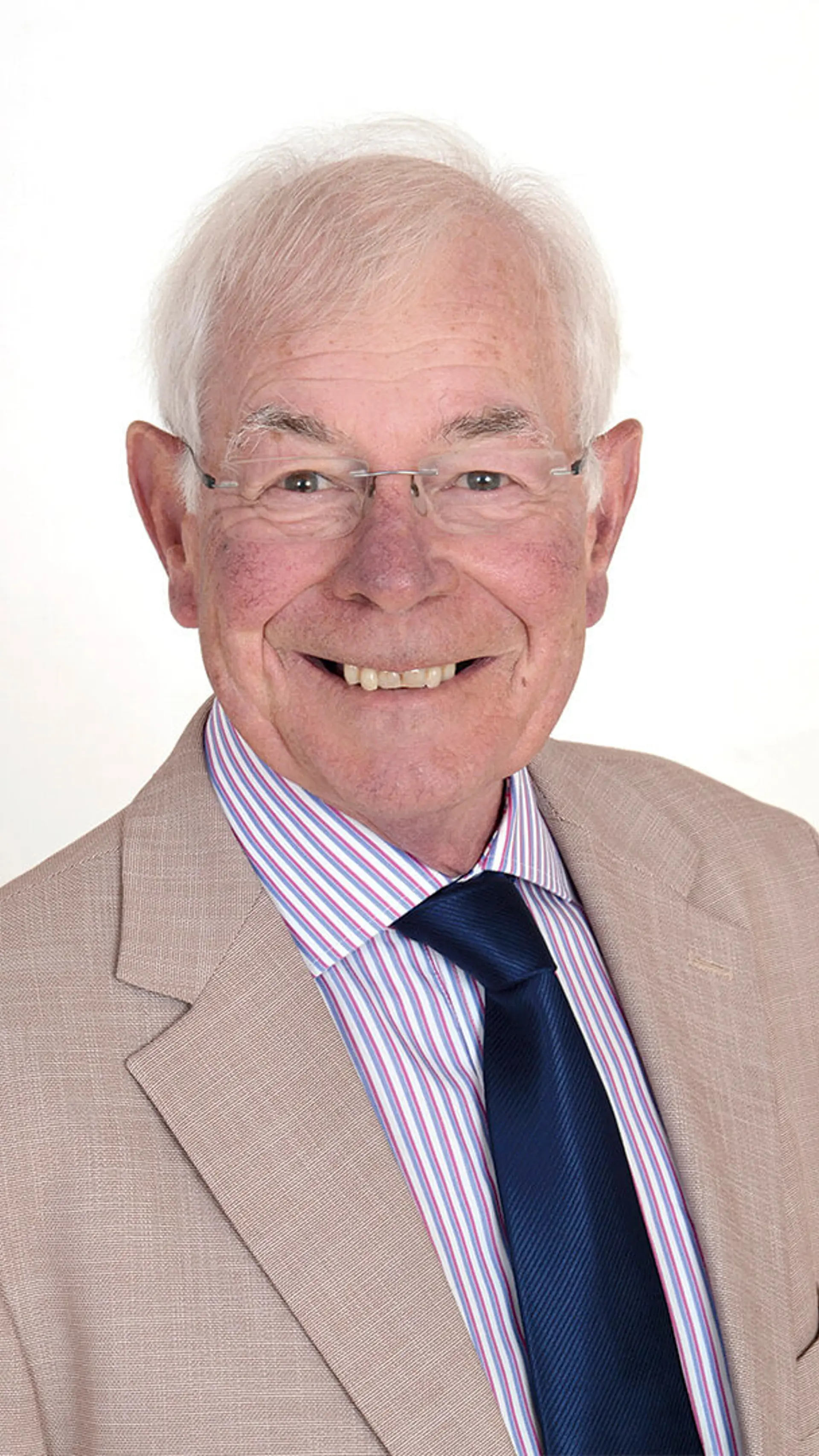
Gavin Roser
Gavin Roser is a dynamic keynote speaker, specializing in leadership, innovation, and business growth strategies. Book him for impactful, inspiring talks.

Gavin Roser is a dynamic keynote speaker, specializing in leadership, innovation, and business growth strategies. Book him for impactful, inspiring talks.
Gavin Roser is an accomplished keynote speaker, entrepreneur, and thought leader, renowned for his expertise in leadership, innovation, and transformation. With a background in business management, Gavin has spent over two decades helping organizations navigate change, drive success, and implement innovative strategies. His powerful presentations focus on real-world solutions, empowering companies to thrive in a fast-paced, competitive environment.
As a sought-after speaker, Gavin draws on his vast experience in the corporate world to offer actionable insights on topics such as leadership, organizational growth, and the digital transformation process. He is known for his ability to engage audiences with compelling stories, practical advice, and proven methodologies, enabling leaders and teams to achieve exceptional results.
In addition to his keynote speaking engagements, Gavin is a respected author and consultant, providing personalized strategies for businesses looking to overcome challenges and accelerate their growth. His talks are not just about theoretical concepts but about real-world applications that can be implemented immediately to drive change and create sustainable success.
Whether you are looking to inspire your team, encourage innovation, or lead your organization through a major transformation, Gavin Roser is the ideal speaker to help you achieve your goals. His engaging style and expert advice will leave a lasting impact on your audience, providing them with the tools and motivation to succeed in today’s ever-changing business landscape.
If you are interested in booking Gavin Roser for your next event, simply fill out the contact form on this page to make a non-binding request.
Gavin Roser is a highly sought-after keynote speaker, renowned for his expertise in organizational change, leadership, and innovation. With a wealth of experience in both the corporate and entrepreneurial sectors, Gavin is a trusted advisor to businesses seeking to navigate and thrive in today’s rapidly evolving market environment. He is known for his engaging presentations, which blend cutting-edge business strategies with practical, real-world applications.
As a seasoned leader, Gavin has worked with a range of organizations, helping them adapt to disruptive changes and build strong, sustainable cultures. He has extensive knowledge in managing transformation, driving business growth, and creating innovative environments that foster collaboration and forward-thinking solutions. His experience spans industries including technology, healthcare, and education, making him a versatile speaker who can address a broad spectrum of organizational challenges.
In addition to his keynote speaker engagements, Gavin is the author of several influential books that tackle topics such as leadership development, strategic thinking, and business transformation. His written works have earned him recognition as a thought leader, and his books are highly recommended for anyone seeking to improve their leadership skills and adapt to the changing business landscape.
As a passionate speaker, Gavin’s goal is to empower leaders and organizations to embrace change, unlock their potential, and achieve their objectives. His sessions are designed to inspire, motivate, and provide actionable insights that attendees can apply immediately to drive success in their careers and businesses.
If you are looking to book Gavin Roser for your next event, whether for a corporate seminar, conference, or leadership training session, you can request more information or contact Gavin through the form on this page. He is available for keynote speeches, workshops, and more. Fill out the contact form to make a non-binding request today and bring Gavin Roser’s transformative insights to your next event.
Keynote by Gavin Roser:
Keynote by Gavin Roser:
Keynote by Gavin Roser:
Keynote by Gavin Roser: